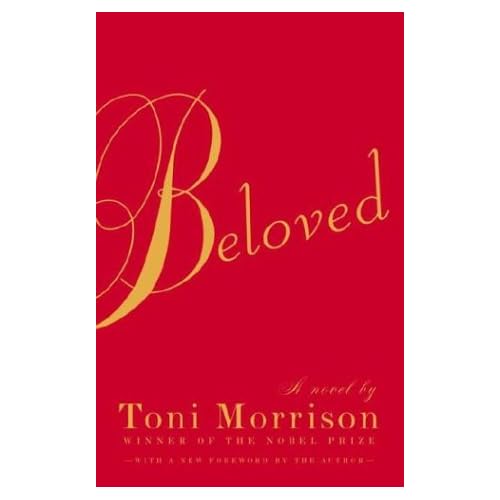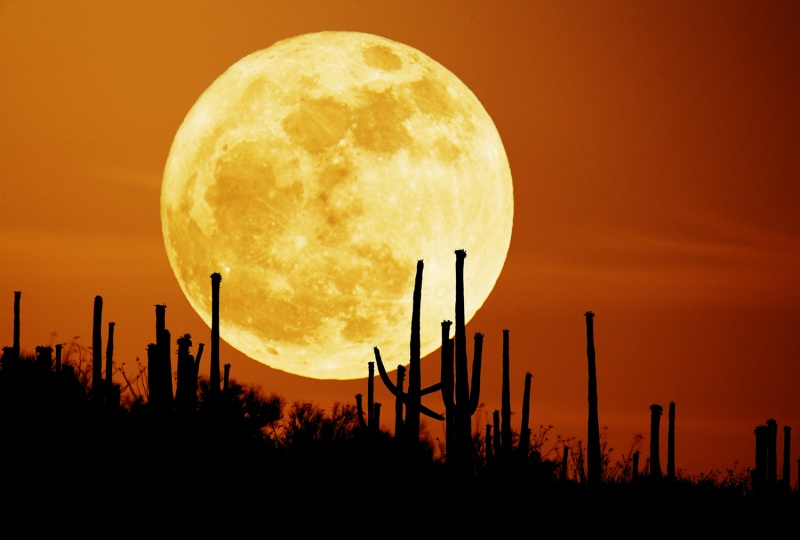"Five years ago, my Afghan sister-in-law emigrated to the United States, where she now works, pays taxes and takes part in public life. If she had turned up in Europe, she would still be undergoing treatment from social workers for her trauma—and she still wouldn't have got a job or won acceptance as a citizen."I have my disagreements with Prof. Ellian, but this quote reflects my sentiment...Afshin Ellian
Today, two things happened:
- I received legal advice on my status as an immigrant in the Netherlands.
- I read the Wilders propaganda about the EU elections.
When I came back from the Juridische Lokeet (a bliss on its own, and a reminiscent of social welfare state that the "new" Dutch electorate is so keen on getting rid of) I was so upset, it made me write a short story -which I almost always manage to save for later. I will save the story for later indeed. But then I read some blond and blue-eyed (for sure) dutchman's agreement with Wilders, and rarely as it happens, I freaked out.
The news I was reading summarised how Wilders was signalling "that the European Union is good for nothing in its current form", that he wants "to bring it down from inside."
While saying these, he is at the height of its popularity at home:
"Regarded by many as the sole voice for Dutch disquiet about the economic and cultural implications of Islamic immigration, the PVV [his party] calls for government based on Judeo-Christian principles. It seeks the eviction of Romania and Bulgaria from the European Union, a freeze on future enlargement and believes Turkey should not become a member "not now, not in a hundred years"."The PVV takes part in the European elections ... because the islamisation has to be stopped."It's the same Wilders that made the funny Fitna movie. He faces a trial at home for his anti-Islam utterings and was recently barred from entering Britain to stop him spreading "hatred and violent messages."
The agreement came from a nobody. It doesn't matter. It stated loud and clear:
"At last, somene that is willing to state what most of the people think but are sitent. It is ok to burn our flags, state we are all infidels, riot over cartoons, surpress women in the name of Islam, but as soon as some one speaks out, he is a trouble maker? No he is not!The sentiment is here to stay: I feel it everytime someone tells me "Oh, but you don't look Turkish!!!"
If we are all to get along, we have to acknowledge that there are differences in the world and accept them not change them! Islam I'm affraid is not willing to accept this. Muslims are happy to live in the west and have all it's advantage, but are not willing to bend and integrate alltogether, a fact that alienates them and their thinking.
I respect Islamic countries laws when I had to visit them in the past, if you want to live here, respect ours!
This double standard has to stop!"
Hence, my reply to him was as follows:
Dear Total Lack of Action,
There seems to be a logical mistake in your argument: the assumption that there is AN Islam - a unified force that behaves this way and decides that way. This is similar to calling all Europe murderers because of the abortion doctor killings in the United States and to make your life miserable when you are trying to visit your family or move together with them in Dubai, because your partner was offered this well-paid job. Such an assumption does not allow the remaining of your reasoning be anything but anti-Islamic. Coming from another country full of fear against Islam, Turkey, I can see its many faces. I can also see how this anti-Islamic sentiment only produces more of the Islam you dislike so much.
It is NOT ok to burn flags, state you all infidels, riot over cartoons, surpress women in the name of Islam, and you should make a point out of that. These have neither anything to do with immigrants in the Netherlands nor the EU elections. But also I suggest you not to take these images too seriously either. Do you realise what a big ratio of those people that you regard as Muslim (while they have a multiplicity of identities) didn't burn flags, riot over cartoons, state you all infidels etc?
As for the domestic violence issue, I am surprised too, why is it in the Netherlands that so much domestic violence takes place among the Muslim immigrants, while this is not the case in most moderate Islamic communities? The answers, maybe are not made of single statements. I would guess a combination of allochtone exclusion and the structure of Dutch immigration law brings out the worst in these people. In case you didn't care to look, the Dutch law makes the women who are applying for a residence permit absolutely and completely dependent on their husbands: they cannot threaten to leave them, they cannot separate their houses, they cannot go back to their country so these women cannot do anything but bear the burden. I think, a few changes in law and a bit of time would do a lot of good. There is no need to become so bitter, angry, and scared. More importantly, there is no reason to stop trying to change the world, if we will make it any better. When accepting differences means you don't try to change evil behaviour, there is no room for democracy but only statements about how your way of life is the only way.
On the other hand, what Khalid finalises his email with reflects what (some of) the autochtone Dutch society is failing at: To see themselves a part of a greater population that is the Netherlands. No wonder they cannot appreciate a supranational organisation like the EU.
Finally, I can tell you what Wilders' xenophobic discourse is good for from a different perspective: It's good for frustrating gay movements, women's movements, and other progressive movements in countries where these are still political struggles (not here in the Netherlands, although there is a lot to struggle about, all is depoliticised, unfortunately). It serves the interests of fundamentalists all over Arabia. They can generate greater outcry everytime Wilders thinks of one more insult, hence, there is less and less public space for progressive movements.












